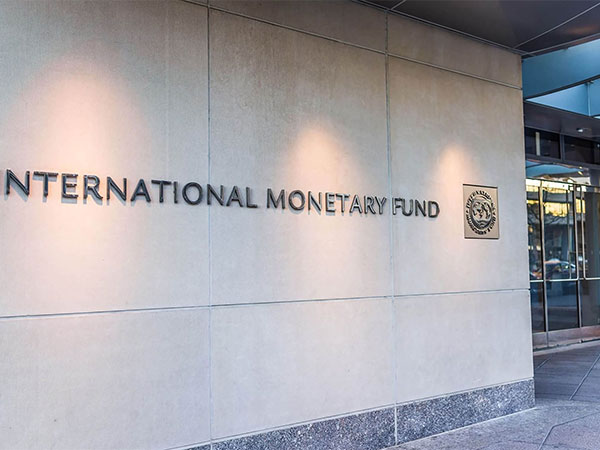IMF Raises Concerns Over Pakistan's Energy Strategy Amid Solar Surge
The IMF is worried about Pakistan's handling of reduced electricity demand due to solar panel growth and excess imported gas amid economic slowdown. Initial talks focused on safeguarding Pakistan’s $7 billion bailout program. The IMF questioned Pakistan's strategies for managing these issues and noted unsatisfactory official responses.

- Country:
- Pakistan
The International Monetary Fund (IMF) has intensified its scrutiny of Pakistan's energy policies amid a surge in solar panel installations and an oversupply of imported gas, both of which pose significant economic challenges. In preliminary discussions surrounding Pakistan's $7 billion bailout program, the IMF expressed doubt over the nation's readiness to tackle these issues, as reported by the Express Tribune.
During the initial meeting, IMF representatives, led by mission chief Nathan Porter, engaged Pakistani officials, including the Ministers for Power and Finance, to address concerns about the rapid adoption of rooftop solar energy. This shift, favored by middle- and upper-class households confronting skyrocketing electricity costs, has led to a noticeable dip in electricity demand. According to insiders, this has seen projections fall 10% for power generation in September and an 8% drop in the first fiscal quarter.
The IMF also spotlighted Punjab's incentive policy for solar use, highlighting its contradiction with federal aims. Despite the government's intent to replace the net metering policy with gross metering to boost grid electricity sales, IMF officials were not satisfied with the responses regarding solar energy's uptick. Meanwhile, the potential solutions for the surplus gas problem include allowing industry to continue using gas for in-house power generation through 2025. Pakistan is also in talks with Qatar about deferring LNG shipments. Additionally, the IMF requested insights into a seasonal electricity package designed to boost winter demand, reflecting on a lack of details provided by government officials.
Moreover, the IMF addressed long-standing issues in Pakistan's gas sector, including outstanding Gas Infrastructure Development Cess (GIDC) dues amounting to over Rs400 billion. Though government officials attribute the backlog to court interventions, legal experts point out that the Supreme Court had previously mandated the recovery of these dues in 2020. Sources indicate the IMF remains unconvinced by the explanations put forth.
(With inputs from agencies.)










